The Future of Smart Water Meters
In recent years, the field of water meter technology has witnessed a paradigm shift, with the advent of smart water meters revolutionizing how we monitor and manage water consumption. As a water meter researcher, it is crucial to explore the future developments in this domain to anticipate the next generation of smart water meters that will replace existing models. This article delves into the emerging trends, technologies, and innovations that are shaping the future of smart water meters.
IoT Integration:
The integration of Internet of Things (IoT) technology is a key driver for the evolution of smart water meters. Future water meters will likely be equipped with advanced sensors and communication modules, allowing for real-time data collection and transmission. This will enable utilities to monitor water usage patterns, detect leaks promptly, and optimize distribution networks more effectively.
Data Analytics and Artificial Intelligence:
The future of smart water meters lies in harnessing the power of data analytics and artificial intelligence (AI). Advanced algorithms will be employed to analyze consumption patterns, predict demand, and identify anomalies. This predictive capability can aid in early detection of leaks, prevent water wastage, and enhance overall water management efficiency.
Blockchain for Security and Transparency:
To address concerns related to data security and transparency, future smart water meters may leverage blockchain technology. Blockchain can provide a secure and transparent platform for recording water usage data, ensuring the integrity of information and enabling reliable billing processes.
Remote Monitoring and Control:
The evolution of smart water meters will empower consumers with greater control over their water usage. Mobile applications and online platforms will enable users to monitor their water consumption in real-time, set usage alerts, and remotely control water-related devices. This increased consumer engagement can contribute to water conservation efforts.
Advanced Metering Infrastructure (AMI):
The implementation of Advanced Metering Infrastructure (AMI) is a critical aspect of future smart water meters. This involves a comprehensive network of smart meters, communication systems, and data management tools. AMI enables bidirectional communication between meters and utilities, facilitating efficient data exchange and enabling more responsive water management strategies.
Energy Harvesting and Sustainability:
In the pursuit of sustainability, future smart water meters may incorporate energy harvesting technologies. This could include solar panels or kinetic energy harvesting mechanisms to power the meters. Sustainable energy sources would not only reduce the environmental impact but also enhance the reliability of smart water meter systems.
Distributed Ledger Technology for Billing:
Distributed Ledger Technology (DLT) such as blockchain can be applied not only for data security but also for streamlining billing processes. Smart contracts on a decentralized ledger can automate billing based on actual water usage, eliminating discrepancies and enhancing the accuracy of billing procedures.
Enhanced Leak Detection:
One of the critical functions of smart water meters is the early detection of leaks. Future meters may utilize advanced sensor technologies such as acoustic sensors and pressure sensors to pinpoint leaks with greater accuracy. This proactive approach can minimize water loss, reduce repair costs, and extend the lifespan of water infrastructure.
Integration with Smart Cities:
As cities evolve into smart ecosystems, future smart water meters will seamlessly integrate with broader smart city initiatives. This integration could involve collaboration with other sensor networks, traffic management systems, and environmental monitoring platforms to create a holistic approach to urban sustainability.
Standardization and Interoperability:
To ensure widespread adoption and compatibility, future smart water meters will likely adhere to standardized protocols and promote interoperability. This will facilitate easy integration with existing water infrastructure and enable utilities to choose from a variety of compatible components when upgrading or expanding their systems.
Conclusion:
The future of smart water meters holds immense promise, driven by advancements in IoT, data analytics, blockchain, and sustainability. As a water meter researcher, staying abreast of these trends is essential for anticipating the trajectory of smart water meter technology. The integration of these innovations is poised to transform water management, enhancing efficiency, sustainability, and the overall resilience of water infrastructure. By embracing these technological advancements, the next generation of smart water meters will play a pivotal role in shaping the future of water conservation and management.
 admin@henanpanda.com WhatsApp:0086-16613890990
admin@henanpanda.com WhatsApp:0086-16613890990 
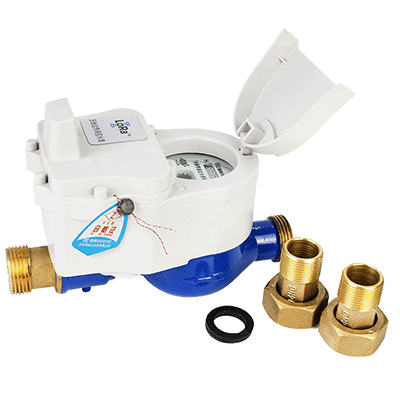
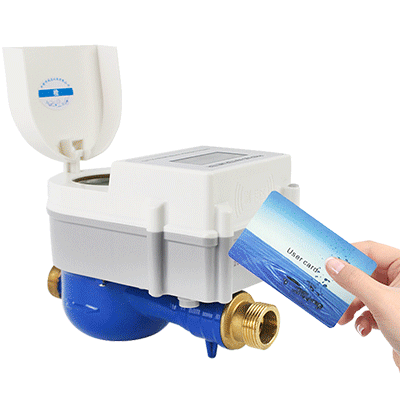
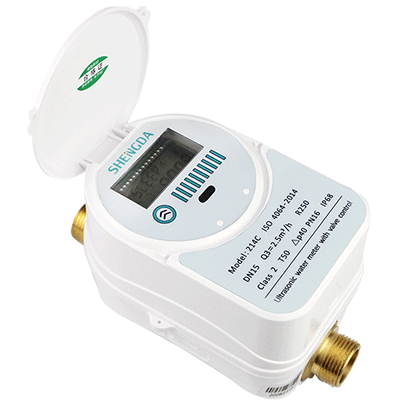
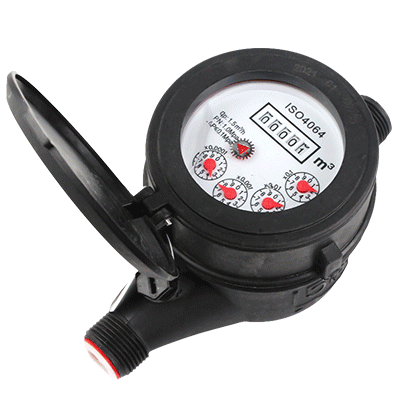
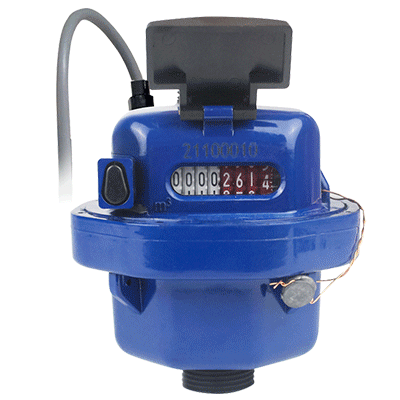
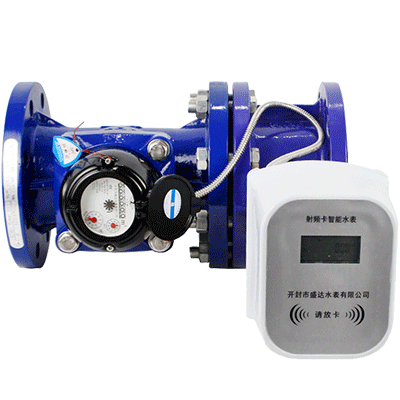
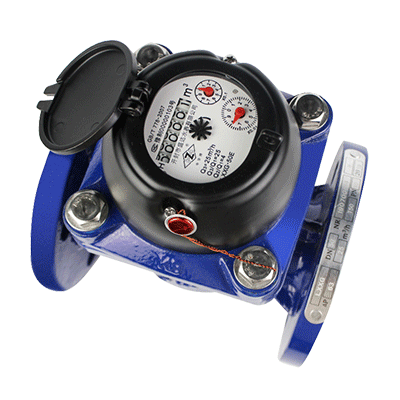
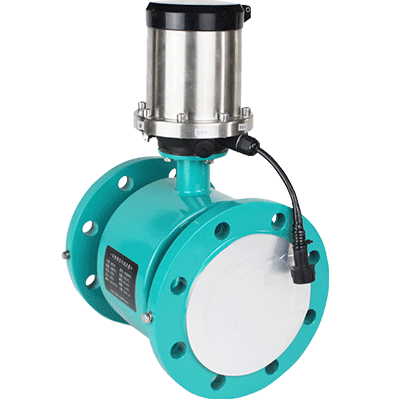
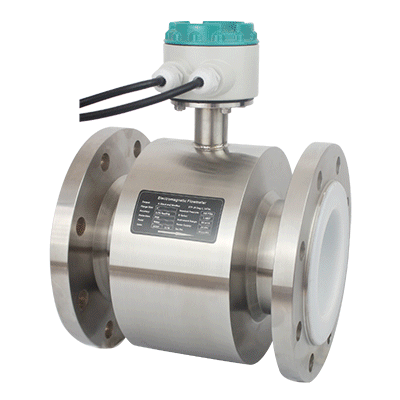

 2023-12-21
2023-12-21 


 Related news
Related news E-mail:admin@henanpanda.com
E-mail:admin@henanpanda.com
 +86 371 23366506
+86 371 23366506
 Address:Add: NO.88, Middle Weidu Road, Kaifeng City,China.
Address:Add: NO.88, Middle Weidu Road, Kaifeng City,China.
